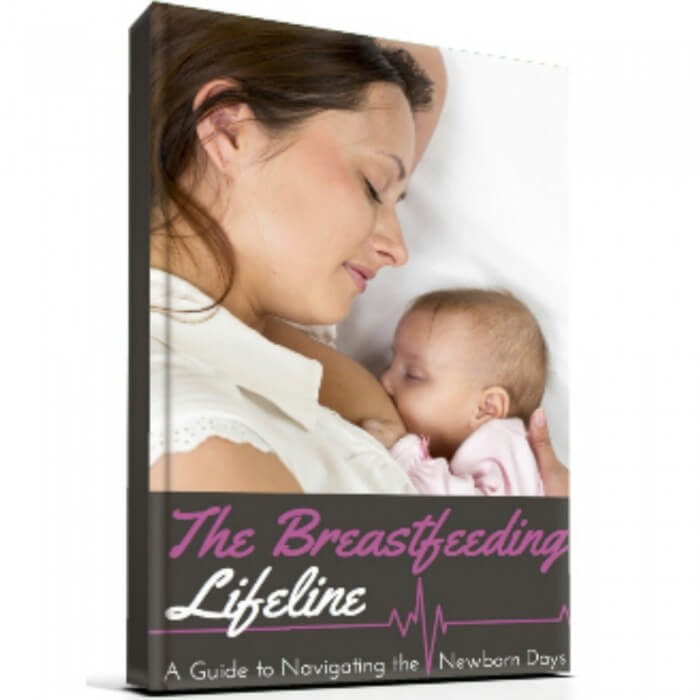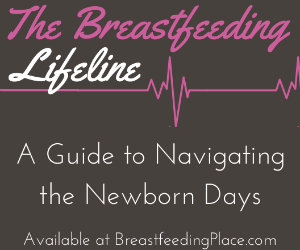A common misconception about breast milk is that it has no significant value after the first year of a baby’s life. This couldn’t be further from the truth! Not only does breast milk still provide a considerable portion of babies’ nutritional and caloric needs after their first birthday, extended breastfeeding provides other benefits as well that make it a healthy choice for mom and baby.

Breastfeeding After the First Year: Nutritional Benefits
Even for babies who are learning to eat “table food,” breast milk still provides many of their nutritional needs. According to Dewey (2001), cited by Kelly Bonyata,
In the second year (12-23 months), 448 mL of breast milk provides:
29% of energy requirements
43% of protein requirements
36% of calcium requirements
75% of vitamin A requirements
76% of folate requirements
94% of vitamin B12 requirements
60% of vitamin C requirements.
Just as breast milk changes and adapts during baby’s first year to provide the exact nutrition that baby needs, so breast milk continues to change after the first year to make sure baby is still getting the best possible food.
Certainly there’s nothing wrong with starting to give baby solids sometime between six months and a year, or whenever they’re beginning to show interest in what’s on your plate! But until your child is eating well-balanced, regular meals, continuing to breastfeed helps ensure that they’re getting all the nutrition their growing bodies need.
Health Benefits
Breast milk is always good to help boost babies’ immune systems, and this is true well after the first year. Babies’ immune systems don’t mature fully until they’re about six years old (La Leche League). The live antibodies in breast milk continue to help keep babies healthy and enable them to fight off illnesses more easily and quickly than formula-fed or weaned babies.
Breastfeeding is good for babies’ brain development and even contributes to their intellectual health and mental and social development (KellyMom). Far from creating dependent children, breastfeeding past the first year helps children become more independent because they can be confident in having their needs met. Breastfeeding doesn’t just supply food for babies; it is a way to give them comfort, security, and love that no other parenting technique can match in the same way.
The benefits extend to moms, too. Mothers who breastfeed for a year or longer reduce their risk for certain cancers down the line (La Leche League). And since breastfeeding releases oxytocin, the “feel-good” hormone, it’s good for moms’ mental and emotional health, too.
Finally, the best benefit to breastfeeding past the first year–indeed, one of the best benefits to breastfeeding in general–is the amazing ability to comfort, soothe, reassure, and nourish your baby all in one loving act. There is no good reason to stop providing the benefits of nursing when your child reaches a certain age. Enjoy nursing for however long you, and your baby, want to continue your breastfeeding relationship!

Sources for further reading:
Breastfeeding Past Infancy (KellyMom)
Breastfeeding Beyond a Year (La Leche League International)
What are the Benefits of Breastfeeding More than a Year? (Breastfeeding Basics)
10 Good Reasons to Breastfeed Your Child Past One Year (Boba)






Speak Your Mind